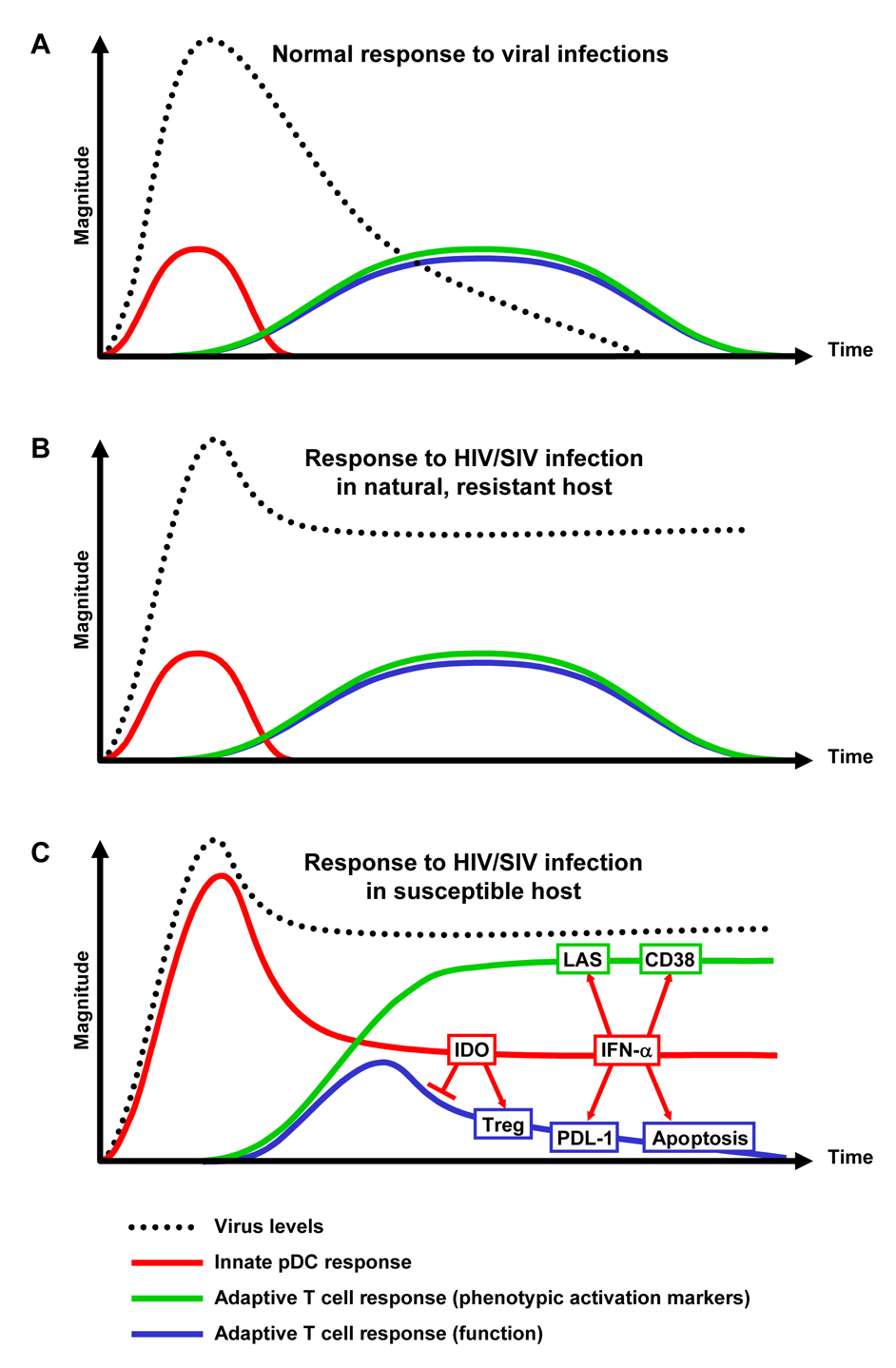Figure 1. Chronic innate immune activation as a cause of chronic T cell activation and functional impairment.
(A) During most viral infections, early innate immune responses promote and are replaced by efficient adaptive T cell responses, ultimately resulting in the clearance or control of the infectious agent. (B) HIV/SIV infection of natural resistant hosts is not efficiently cleared by immune responses, but the immune system appears to respond normally to the infection, and no signs of chronic immune activation or immune deficiency are observed. (C) We hypothesize that HIV/SIV infection of susceptible hosts results in abnormal and prolonged activation of innate immune responses, resulting in: 1) induction of phenotypic markers of T cell activation, such as CD38 and the lymphoadenopathy syndrome (LAS); 2) progressive T cell depletion through apoptotic mechanisms; and 3) suppression of functional T cell responses by mechanisms such as IDO/Treg or PDL-1.

